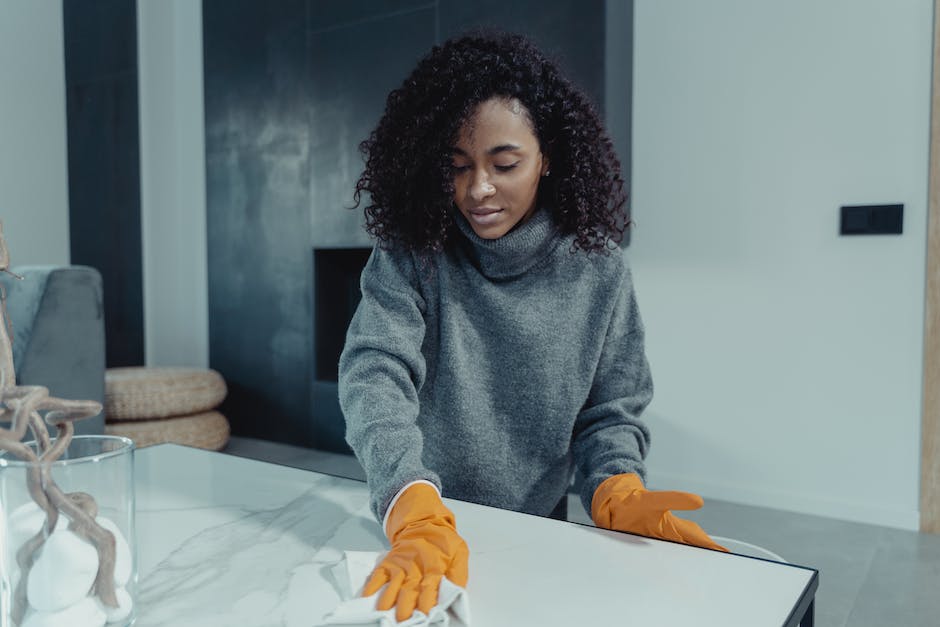The High-Stakes Challenge of Getting Rid of Fleas in Your House
Exterminating fleas in your home is a high-stakes challenge. Fleas are very small, reproduce quickly, and can cause skin irritation, anemia in your pets, and even transmit disease. But don’t worry – there are strategies you can use to rid your home of fleas. This article will give you all the tips and tricks you need to get your home flea-free.
Clean the House
The first step in eliminating fleas is to thoroughly clean your house, paying particular attention to carpets, upholstered furniture, and pet bedding. Vacuum as frequently as possible, paying special attention to corners, cracks, and joints. You can also use a detergent solution to wash pet bedding.
Vacuum Often
Regular vacuuming is key to preventing flea infestations. Vacuum carpets, upholstered furniture, and pet bedding to remove any fleas and their eggs. Vacuum at least once a week, paying particular attention to corners, crevices, and joints in furniture.
Clean Hard Floors
Fleas can also live on hard floors. To eliminate fleas, use a mop with a disinfecting cleaner to clean hard-surfaced floors. Don’t forget to also take a vacuuming to cracks, corners, and crevices.
Treat Pets
Fleas attack pets first, so the next step is to treat your pets with anti-flea medicine. Ask your vet for the most appropriate flea prevention medicine for your pet. You can also use flea collars or natural flea repellents for added protection.
Spot Treatments for Pets
Spot treatments for fleas involve using an insecticide that is applied directly to the pet’s skin. These treatments are available as spot-on products, sprays, and shampoos. Spot treatments are very effective at killing fleas and their eggs, but it is important to read the instructions carefully before applying to your pet.
Dips and Baths
Dips and baths are another type of flea treatment that can be used on pets. These treatments involve soaking the pet in a flea-killing insecticide. Dogs and cats can be safely and effectively treated in this way but, again, it is important to read the directions carefully before applying.
Treat the Yard
In some cases, flea infestations can originate in the yard. To prevent this, use a flea spray or a flea killer to treat your entire yard. You can also cover grass with flea-control granules for added protection.
Insect Growth Regulators
Insect growth regulators are a type of flea killer that can be used in your yard. These inhibitors disrupt the flea life cycle and prevent them from reaching the adult stage. Insect growth regulators are generally applied to the yard every 3 months.
Natural Remedies
In addition to chemical treatments, you can also use natural remedies to fight fleas in your yard. Sprinkling diatomaceous earth over areas where your pet spends time can help to keep fleas away. You can also try planting some flea-repelling herbs like rosemary and mint in your garden.
People Also Ask
Can fleas live in carpets?
Yes, fleas can live in carpets. They like to hide in seams, folds, and crevices of carpets. Regular vacuuming is one of the best ways to stop fleas from taking up residence in your carpets.
How do you keep fleas away from your yard?
Having your pet treated with flea medication is the best way to keep fleas away from your yard. You can also use flea sprays, granules, and insect growth inhibitors to keep your yard flea-free.
How often should I treat my pet for fleas?
It is recommended that pets are treated with a flea prevention medication once a month. Spot treatments, dips, and baths can also be used periodically to control flea populations.
Are flea collars effective?
Flea collars can be effective for controlling flea populations, especially on cats. However, it is important to keep in mind that flea collars may need to be replaced frequently in order to remain effective.
Will vinegar kill fleas?
Vinegar is not effective for killing fleas, but it can be used to repel them. Spraying white vinegar around areas where your pet spends time could help to keep fleas away.
Final Words
Getting rid of fleas in your home can be a daunting task but, with the right strategies, it is certainly achievable. Regular cleaning, pet treatments, and yard treatments are all necessary if you want to get rid of your flea infestation. By taking the appropriate steps, you can ensure that your home is free of pesky fleas.

